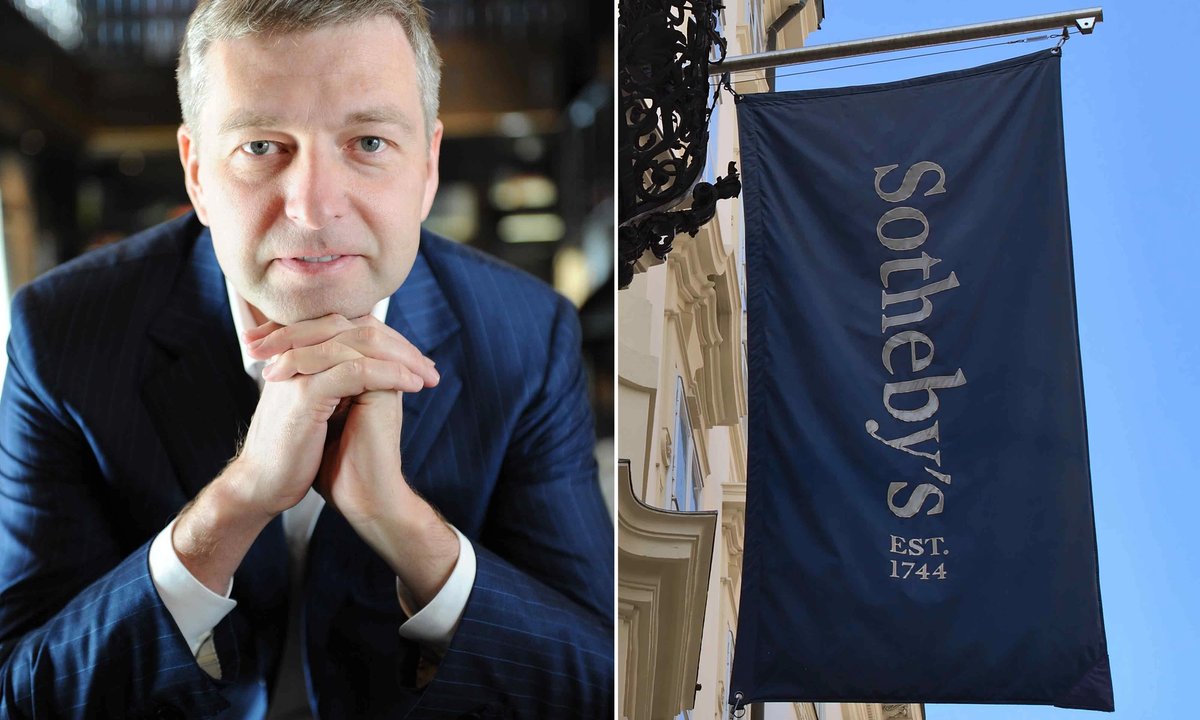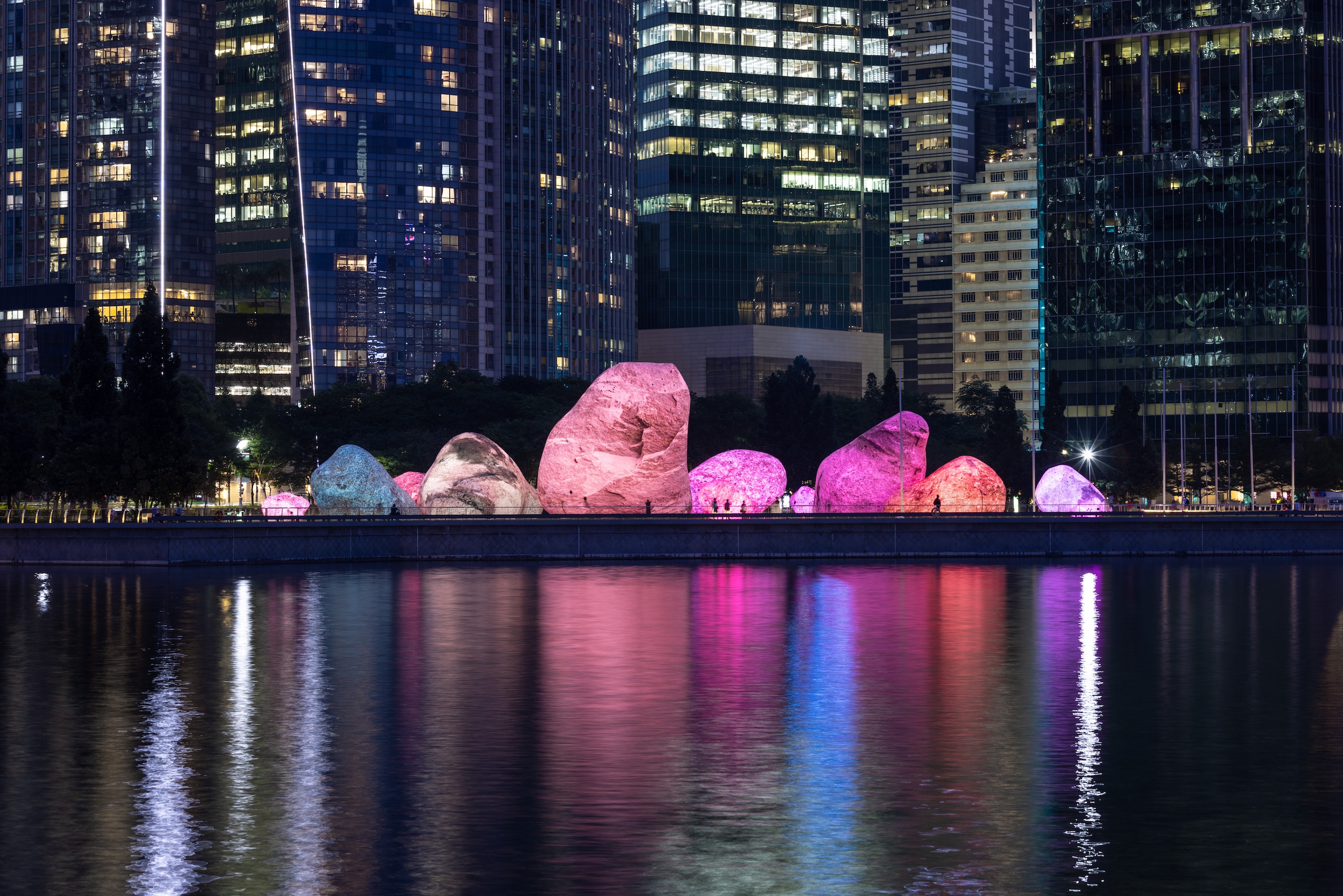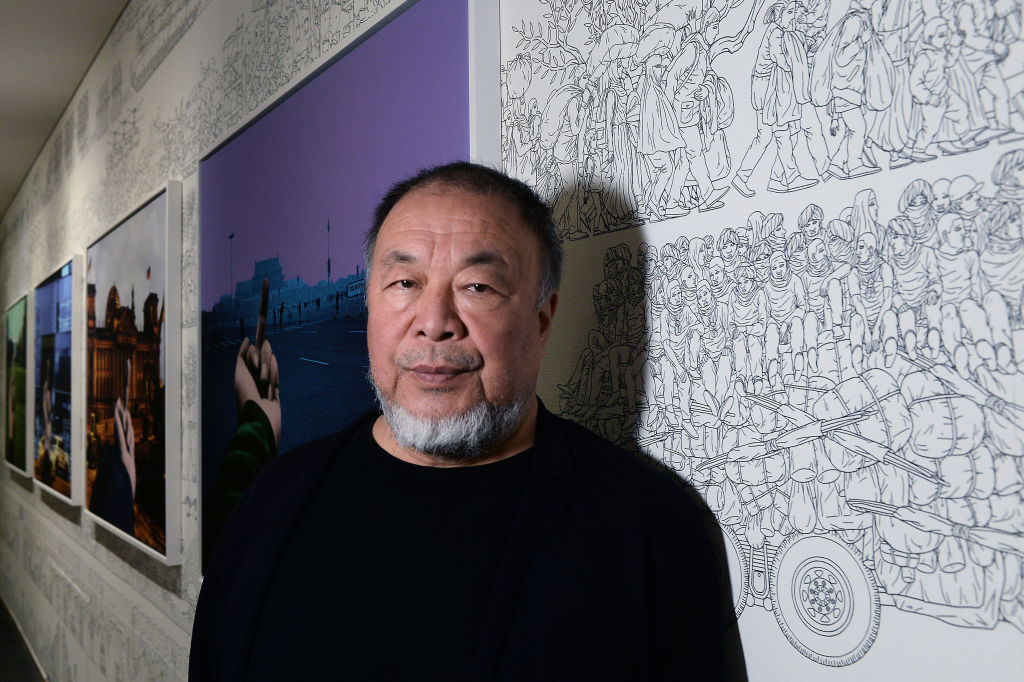The civil fraud trial between Sotheby’s and the Russian billionaire Dmitry Rybolovlev occupied Judge Jesse Furman’s Manhattan district courtroom for three weeks, but the jurors needed less than one full day to reach their verdict. By mid-afternoon on Tuesday (30 January), the jury ruled in favour of Sotheby’s on all counts, slamming the door shut on one of the longest-running and most dramatic legal disputes in art market memory.
“Today’s ruling reaffirms Sotheby’s long-standing commitment to upholding the highest standards of integrity, ethics and professionalism in all aspects of the art market. We are grateful to the jury for its verdict, which totally vindicates Sotheby’s of any alleged misconduct,” a spokesperson for the auction house said in a statement.
The jury dismissed all charges against Sotheby’s related to the private sales of the four works at the centre of the trial: the Salvator Mundi (around 1500), controversially reattributed to Leonardo da Vinci; Gustav Klimt’s 1907 canvas Wasserschlangen II (Water serpents II); René Magritte’s 1938 painting Le Domaine d’Arnheim (The Domain of Arnheim) and the Amedeo Modigliani sculpture Tête (Head).
Each of these works was eventually acquired by Accent Delight International or Xitrans Finance, Rybolovlev’s offshore family trusts, through the Swiss dealer Yves Bouvier, at prices ranging from around $40m to $200m apiece. At issue in the trial was whether Sotheby’s had “substantially assisted” in fraud through its interactions with Bouvier (who was not a party to the lawsuit) surrounding his resale of the works. The jury’s answer was a resounding no.
One of the only silver linings for Rybolovlev’s side is that the verdict awarded no compensatory damages to the auction house, most notably meaning Sotheby’s remains responsible for its own (undoubtedly significant) legal bills for defending itself in court. But the billionaire’s lawyers also tried to emphasise that they had nonetheless won a kind of ethical victory.
“This case achieved our goal of shining a light on the lack of transparency that plagues the art market. That secrecy made it difficult to prove a complex aiding and abetting fraud case,” Daniel Kornstein, one of the lawyers representing Rybolovlev’s trusts, said in a statement. “This verdict only highlights the need for reforms, which must be made outside the courtroom.”
Rybolovlev has unsuccessfully levelled a decade’s worth of fraud accusations against Bouvier. He alleges that Bouvier overcharged him by more than $1bn for 38 works sold to his trusts between 2003 and 2014, a period during which Rybolovlev claims Bouvier was supposed to be acting as an agent on his behalf. (Bouvier has maintained from the start that Rybolovlev knew him to be acting as a dealer free to set his own prices; he has never been convicted of any crime anywhere.)
After pursuing civil and criminal charges against Bouvier in territories ranging from Switzerland and Monaco to Hong Kong and Singapore, Rybolovlev settled all matters with Bouvier in all jurisdictions in December 2023. The New York trial against Sotheby’s—the end result of a civil lawsuit originally filed by Rybolovlev’s side in 2015—thus functioned as a kind of proxy battle representing perhaps the billionaire’s final opportunity for a financial redress of the wrongs he purportedly suffered at Bouvier’s hands.
But with the jury finding in favour of Sotheby’s on all counts, that battle has ended with the auction house victorious.
“Throughout the trial, there was a glaring lack of evidence presented by the plaintiff and, as has been clear from the beginning, Sotheby’s strictly adhered to all legal requirements, financial obligations and industry best practices during the transactions of these artworks,” continued the statement from the auction house’s spokesperson. “The plaintiff’s misrepresentations about Sotheby’s and the art market were resoundingly rejected, and Sotheby’s will continue to serve as a trusted market leader and source of expertise.”
It was not clear by publication time if Rybolovlev and his lawyers would appeal the decision. A request for clarification sent to a spokesperson by The Art Newspaper was not immediately returned.


